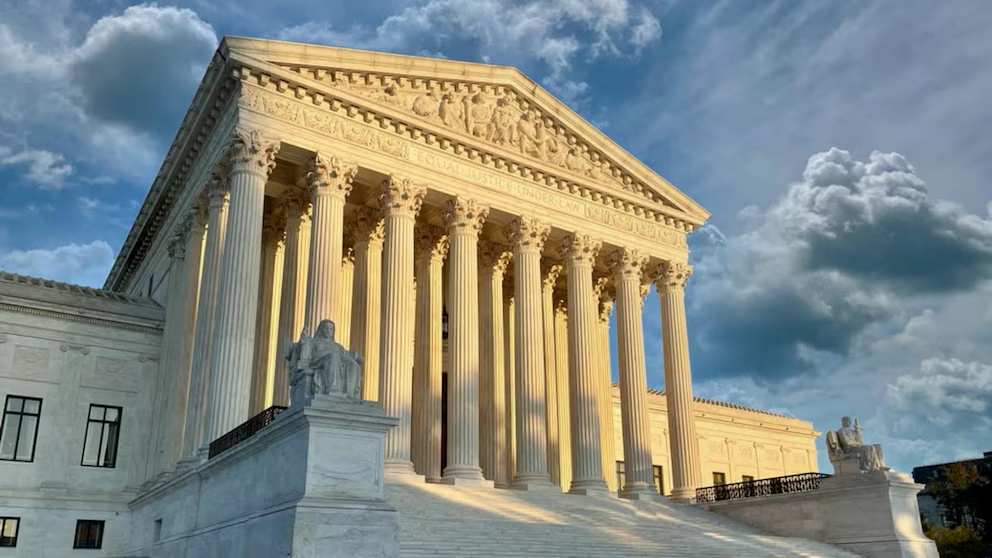seniorspectrumnewspaper – The Supreme Court has allowed the Trump administration to resume deportations to third countries without providing advance notice to migrants. This ruling overturns a lower court injunction that required the government to give written notice and a chance to raise fears of persecution, torture, or death. The decision marks a major win for the administration, which has intensified its immigration crackdown since President Trump returned to office.
Justices Sonia Sotomayor, Elena Kagan, and Ketanji Brown Jackson dissented. They criticized the majority for ignoring due process concerns and accused the government of unlawful conduct. Sotomayor argued the decision rewards lawlessness and disregards the constitutional rights of vulnerable individuals. She warned that thousands could now be deported to dangerous regions without fair legal review.
Legal Challenge Emerges Over Due Process Violations
The ruling stems from a lawsuit filed by four Latin American migrants on behalf of a nationwide class potentially subject to third-country removals. They argued they should receive notice and an opportunity to contest deportations to unfamiliar nations. In April, Judge Brian Murphy of Boston agreed, issuing a nationwide injunction requiring procedural safeguards.
Murphy’s order forced the Department of Homeland Security (DHS) to provide migrants with notice and a meaningful chance to raise fear-based claims. He later blocked deportations to South Sudan after finding that the government violated his injunction by giving migrants less than 24 hours’ notice. The judge required DHS to conduct “reasonable fear” interviews before proceeding with removal.
Migrants Held Abroad Under Harsh Conditions
Six men facing deportation to South Sudan remain detained at a U.S. naval base in Djibouti. Officials disclosed they are housed in a converted shipping container, under guard by 11 ICE officers. The officers reported health issues caused by local conditions, including poor air quality and exposure to burn pits. They also lacked protective gear despite warnings about potential terrorist attacks from nearby Yemen.
The migrants at the center of the case include individuals from Laos, Vietnam, and the Philippines. Some were nearly deported to Libya and Saudi Arabia. Immigration lawyers claim the administration used deportation as punishment, often targeting migrants with little warning and sending them to dangerous countries with histories of conflict and instability.
Administration Defends Policy as Legal and Necessary
The Trump administration maintains the policy is lawful and necessary to enforce immigration rules and protect national security. Solicitor General D. John Sauer argued that the lower court’s injunction interfered with executive authority and created diplomatic complications. DHS called the Supreme Court’s ruling a victory for national safety and immigration enforcement.
Officials stated they can now remove individuals to countries willing to accept them without unnecessary delays. The administration has already entered agreements with nations like El Salvador and Panama to accept non-citizen migrants. It continues to explore partnerships with additional countries, including Rwanda and Costa Rica.
Wider Immigration Crackdown Gains Momentum
Since returning to office, President Trump has pursued aggressive immigration reforms. His administration has moved to end Temporary Protected Status for 350,000 Venezuelan migrants and revoke legal status for migrants from Cuba, Haiti, and Nicaragua. The Supreme Court has allowed these efforts to proceed while court challenges continue.
The administration also invoked the wartime Alien Enemies Act to deport Venezuelans allegedly tied to the Tren de Aragua gang. However, courts have blocked parts of that effort, citing constitutional limits. Despite legal pushback, the administration appears committed to expanding third-country deportations as a central part of its immigration agenda.


